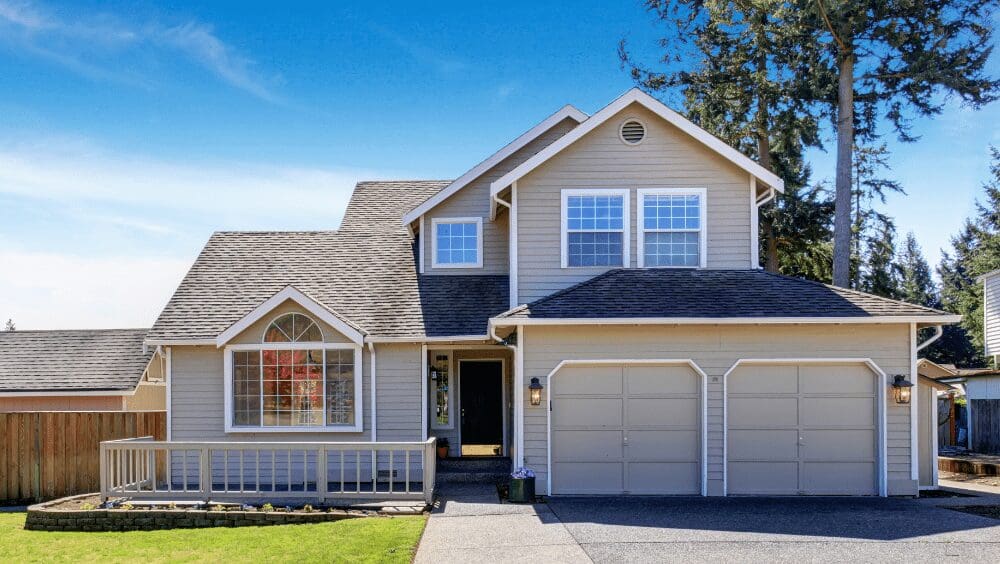
As a homeowner, you may be looking for a way to spell out exactly how you want your assets divided among your beneficiaries. Perhaps your goal is to avoid a lengthy (or messy) probate process. You’ve heard that establishing a trust could be a solution, but this sounds expensive. In this post, we’ll examine the cost of putting a house in trust, explain who technically owns the home once it’s in the trust, and review some reasons why you might want to take this step. We’ll also share expert insights from a top attorney. A trust is a legal arrangement in which a third party, known as a trustee, holds and manages assets — like your home — on behalf of a beneficiary. It’s set up under state law and can provide several benefits, such as avoiding probate, which simplifies the process of passing assets to your heirs. “A trust is essentially a type of agreement,” explains Rajeh A. Saadeh, founding attorney of a major law office in New Jersey. “When it comes to putting a property or any assets into trust, usually this is done for estate planning purposes.” But a trust is not just for after-death planning. “Even while you are alive, you may want it to be governed by a certain set of rules. It will dictate what is to be done to the property, when, and why. After you pass on, the trust can dictate who takes over and to what extent the rules may change,” Saadeh says. Saadeh explains that the trustee acts as an authorized custodian for the assets in your trust and is responsible for managing them according to the rules you create when establishing the trust. You can also name yourself a trustee until you can no longer fill the role. Once a house is placed in a trust, the legal title of the property is transferred to the trust itself. The trustee you appoint then becomes responsible for managing the property according to the terms of the trust, which you dictate. “They are not operating under their own individual interests or for their own benefit,” Saadeh says. “They have to operate in accordance with the terms of the trust. It’s still in the name of those individuals, but it’s as a trustee of the trust.” So technically, the trustee owns the legal title, but the beneficiaries you name hold the beneficial interest in the trust’s assets. Putting a house in a trust offers several advantages: The cost of putting a house in a trust typically ranges from $1,000 to $3,000, but this can vary based on several factors. For wealthier individuals with more complex estates, the price can escalate to between $5,000 and $8,000. “It can be simple; it can be not so simple,” Saadeh says. “There are going to be attorney fee costs to prepare the deed and other documents that come with it.” The final cost cost to put a house in a trust depends on various aspects:What is a trust?
What is a trustee?
Who owns a home when it’s placed in a trust?
Why put a house in trust?
How much does it cost to put a house in a trust?



